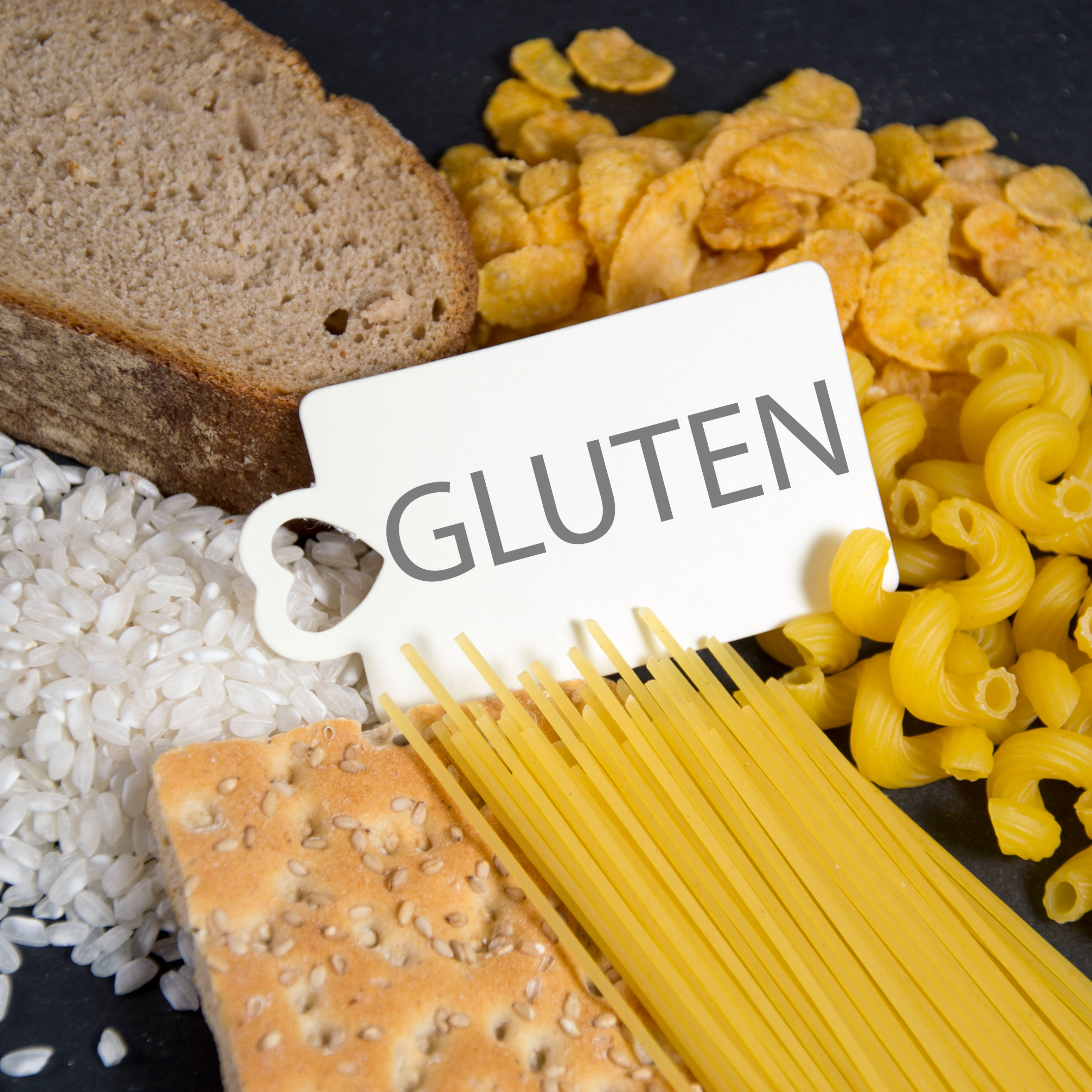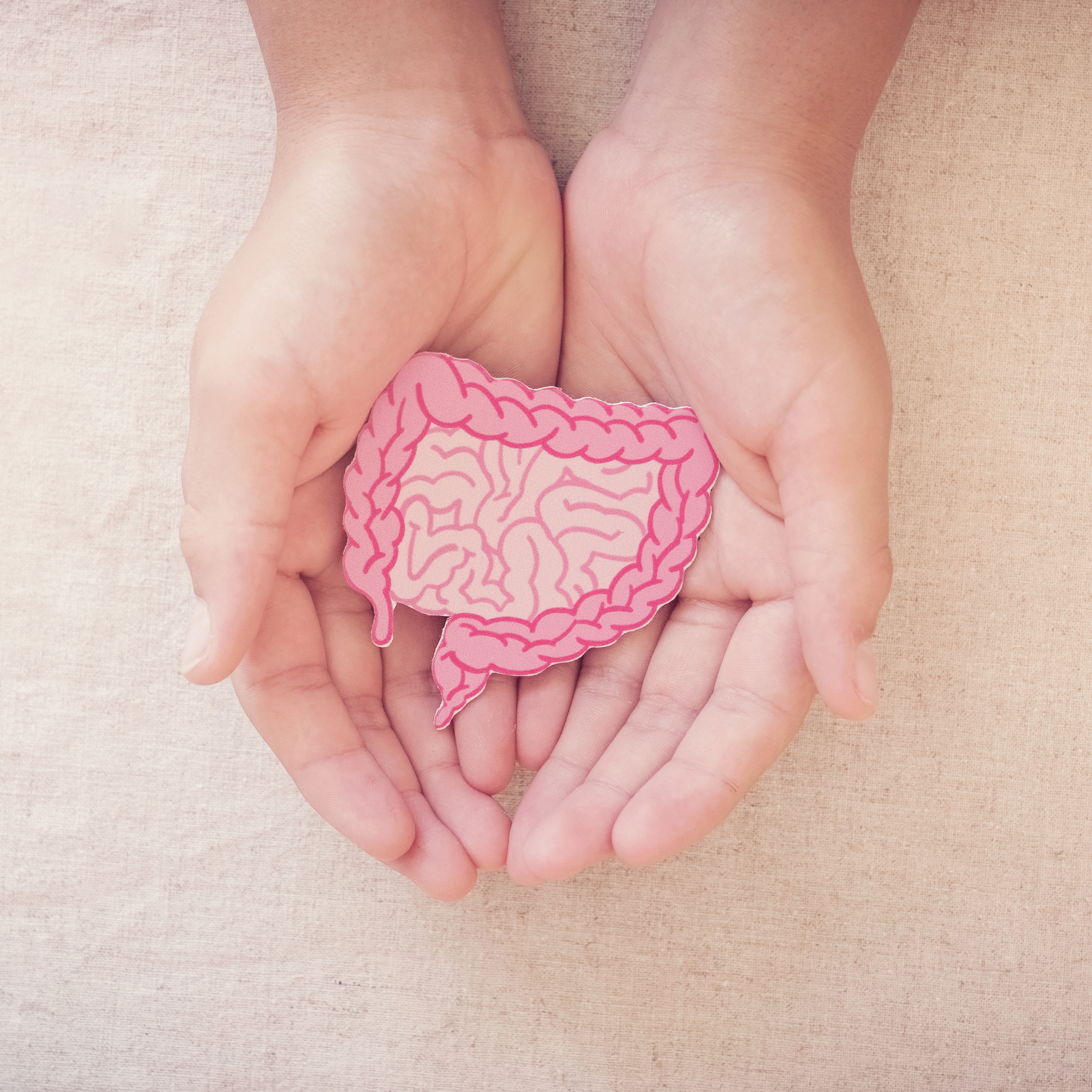
What Is Affecting Your Thyroid?
The majority of endocrinologists are brilliant but unfortunately are trained to prescribe medications when the thyroid starts to shut down…
There are many people walking around with undiagnosed hypothyroidism and experiencing the symptoms of low thyroid on a daily basis.
They are either suffering day in, day out without knowing why or have been diagnosed but are now being medicated.
The problem with our healthcare system is that medical doctors are trained to match pharmaceuticals with a specific health issue rather than actually working on the cause of the problem.
It’s not about going on medication when the thyroid is not working optimally, it’s about figuring out WHY there is low thyroid in the first place.
The problem is that most thyroid medications are synthetic forms of T4 which do not always convert to T3 (which is the more activated form of thyroid, the one that you can actually use).
I believe that everyone should have a medical doctor AND an integrative health practitioner. Doctors are vital for acute health issues but chronic health issues are more appropriately dealt when looking at them from an underlying root cause level and this is what an integrative health practitioner does.
SYMPTOMS OF LOW THYROID
- Cold hands & feet
- Slower speech
- Brain fog
- Lower mood
- Dry skin
- Hair thinning
- Eyebrow thinning
- Low energy
- Inability to lose weight
Bear in mind that you don’t need to have all of the symptoms, and you will experience different ones according to your bio-individuality.
WHAT AFFECTS YOUR THYROID:
1. Low Iron
Iron is required for the production of the thyroid hormones T3 and T3 in the thyroid gland, the conversion of T4 into the more active T3, and iron is required for the utilisation of T3 inside the cell.
So, iron affects the production, conversion and utilisation of thyroid hormones!
TSH, Free T4 and Free T3 can look normal but you might still be experiencing the symptoms due to a lack of iron as this will weaken the utilisation of the thyroid hormone.
If there is a lack of iron or ferritin, it will be difficult to get the iodine molecules to convert T4 into T3.
If you’re on a plant-based diet and are not eating foods high in iron, you need to be cautious!
But remember, don’t just assume you have low iron. I’ve worked with many clients that just decided blindly without any data to supplement with iron and this can be very inappropriate. I am not a proponent of supplementing with iron because it can oxidise the body and so only opt for this route if it’s absolutely necessary.
You can run your ferritin, and total iron binding capacity levels with your medical doctor. These are the best ones to run.
2. Lack of minerals and vitamins
There are specific vitamins and minerals that are absolutely needed for the thyroid.
Even though there are foundational ones that I recommend for every client that I see with low thyroid, others depend on the specific person.
There are a lot of people with Hashimoto’s that have never looked into their copper/zinc ratio.
For example, when we look at the ratio between copper and zinc on a hair tissue test, some people have too much copper – which can be toxic – and very little zinc. If this was the case, I would recommend a very specific type of zinc but otherwise, I would suggest taking a supplement with both zinc and copper. This is where bio-individuality comes into play!
3. Toxins
Every day we are exposed to some type of toxin and there are several studies that show that people have at least 70 serious carcinogenic toxins in their bodies.
There are around 144,000 man-made, synthetic chemicals in existence so there is literally no escaping from the toxins in the environment.
These toxins will affect the conversion from T4 to T3 and this is why every time I work with clients, I go back to the foundations first. We all need to start with a full-body detoxification to remove these toxins and reset the body.
4. Stress
When your body perceives a stressor, it goes into a survival-based mode. Your body cannot differentiate the types of stressors and it literally thinks that you’re being chased by a wild animal, so it thinks it needs to survive.
The adrenal glands will then produce catecholamines (norepinephrine, epinephrine and cortisol) and this is the sympathetic nervous system. This will cause general physiological changes that prepare the body for physical activity (the fight-or-flight response).
Usable thyroid starts to become blocked or inhibited whenever we get a large amount of glucocorticoids in the bloodstream (namely cortisol).
The body is not messing up and it tries to lower its metabolic rate so that you can survive without less energy output on everyday activities and its reliance on calories from food.
5. Gut health
Gut issues have an impact on our thyroid in several different ways.
Some T4 is converted into the active form of T3 in the gut and so if your gut health is out of whack, it will reduce this conversion.
Gut issues will not allow for the proper breakdown of food and so impairing the absorption of some nutrients that are absolutely essential for a healthy thyroid.
Increased intestinal permeability (i.e. “leaky gut syndrome”) will cause large protein molecules to leak into the bloodstream. Since these proteins don’t belong in our blood stream, the body will start attacking these and so the immune system becomes overactive. Many studies have now shown that this often leads to autoimmune issues such as Hashimoto’s.
6. High Estrogen
Hypothyroidism is more common in women due to the effects that estrogen has on thyroid health.
When estrogen levels are higher than optimal, the liver produces thyroxine binding globulin.
This protein will cause more thyroid hormone to be bound, decreasing the amount that can be properly utilised by the cells. This will lead to the increase of TSH and more thyroid hormones will be produced.
7. Heavy Metals
Heavy metals are a big threat to thyroid health and this has been proven in numerous scientific studies.
The thyroid needs iodine to function but if there is mercury in the body, it will quickly absorb it because its chemical structure is very similar to iodine.
This will lead to two issues: 1) The thyroid now has mercury instead of iodine and so won’t be able to produce adequate levels of T4 and T3 hormones and 2) It puts you at risk of developing an autoimmune disease.
WHAT TO DO:
If haven’t yet run an at-home full thyroid panel, make sure you do so. Alternatively, you can run this with your medical doctor.
Regardless of how you decide to do it, make sure you ask for the following markers: TSH, Free T4, Free T3 and TPO antibodies. If your doctor says that you only need to run TSH, then they’re just not the right person for you.
You need to look at both T4 and T3 to make sure that there are no conversion issues that might be leading to the low thyroid. In some cases, the conversion is fine but the usable T3 becomes reversed T3 (unusable form).
Low thyroid is fixable, you don’t have to be suffering from these symptoms or on medication for the rest of your life. You just need to fix the underlying root cause and that’s what I’m here for!
I don’t treat diseases. I rebalance the underlying root causes leading to those diseases of the body. I don’t practice medicine; I practice natural health. I help people restore deficiencies and remove toxicities.









Leave a comment